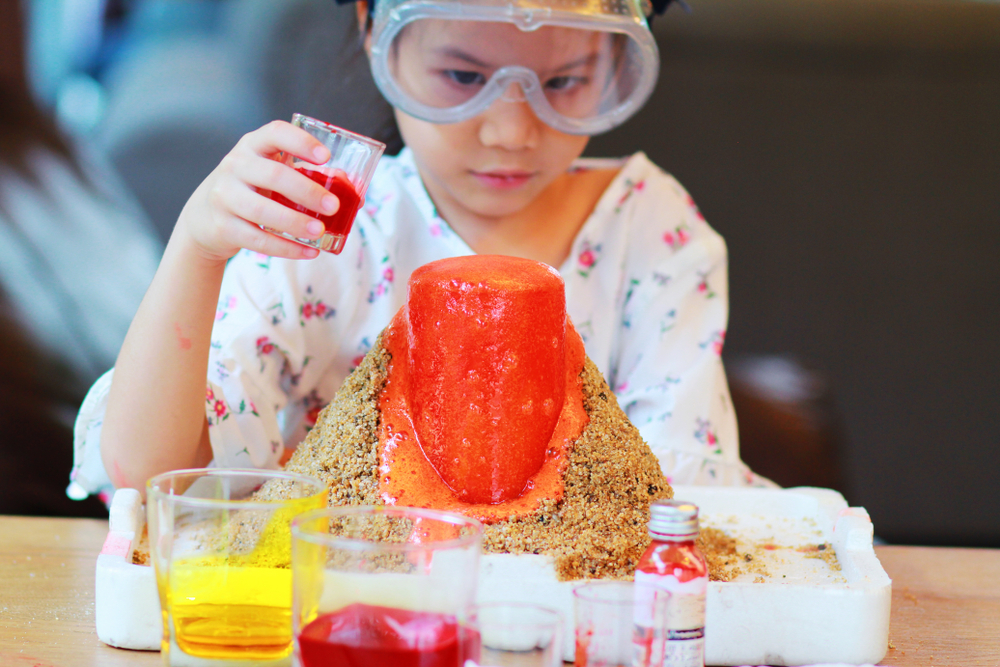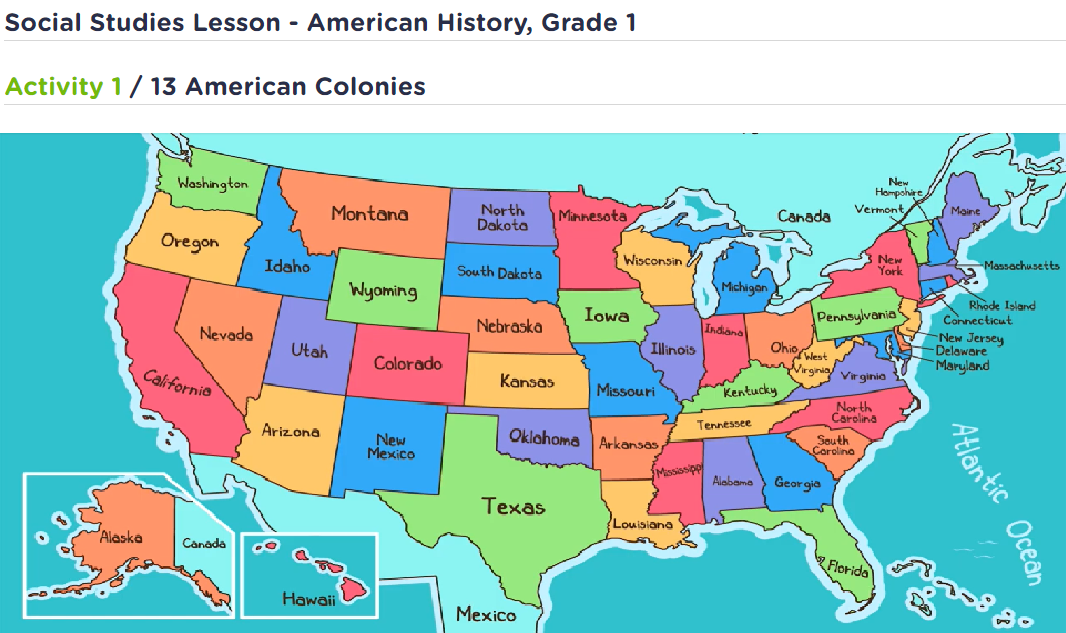Practicing addition Worksheets for Ages 5-6
3 filtered results
-
From - To
Unlock your child's potential with our engaging Practicing Addition Worksheets for Ages 5-6. Designed by experts, these colorful and fun worksheets will help young learners develop essential math skills. Our exercises promote number recognition, basic arithmetic understanding, and fine motor skills, ensuring a strong foundation for future learning. With a variety of entertaining themes and characters, your child will be excited to practice addition daily. Perfect for both classroom settings and at-home activities, these printable worksheets offer enjoyment and education hand-in-hand, paving the way for a lifelong love for math. Download today and watch your child’s confidence soar!
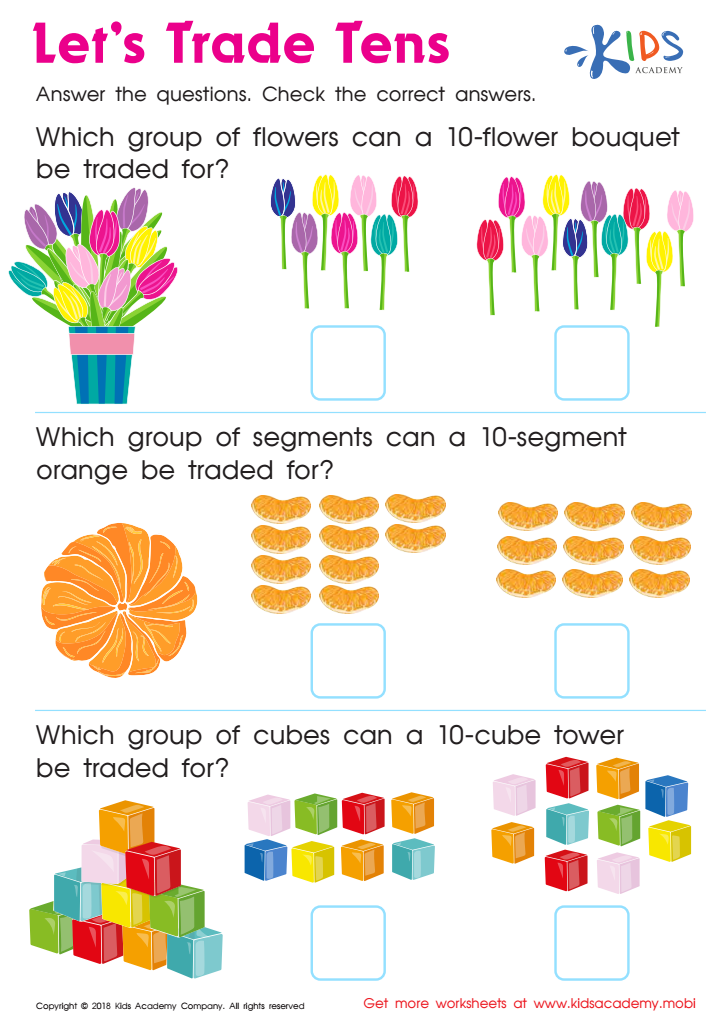

Lets Trade Tens Worksheet
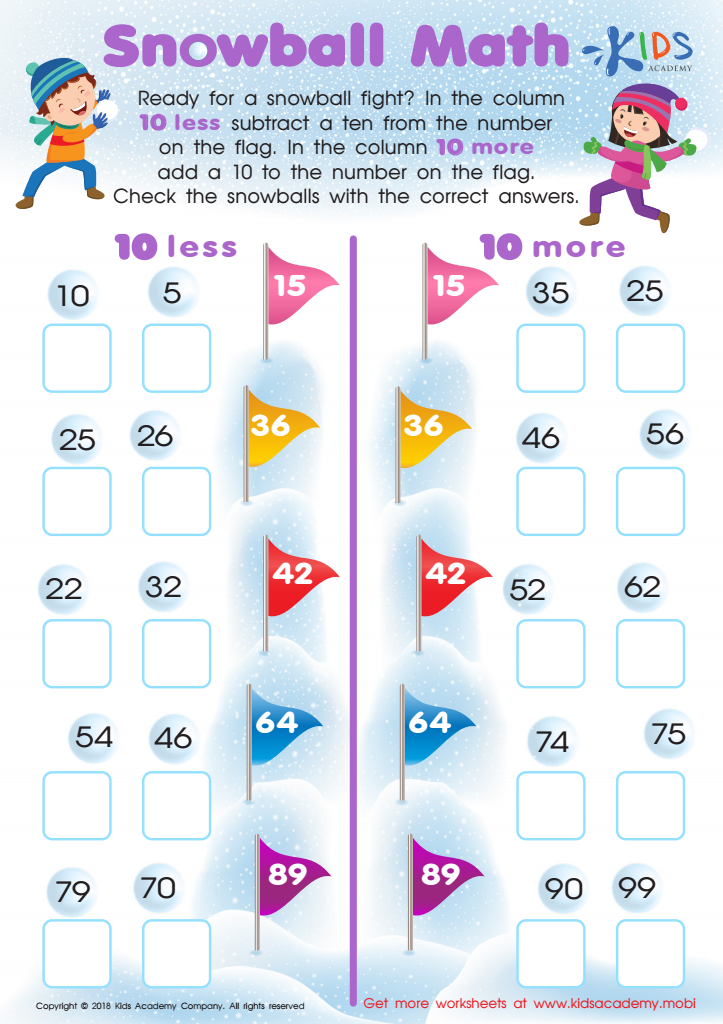

Snowball Math Worksheet
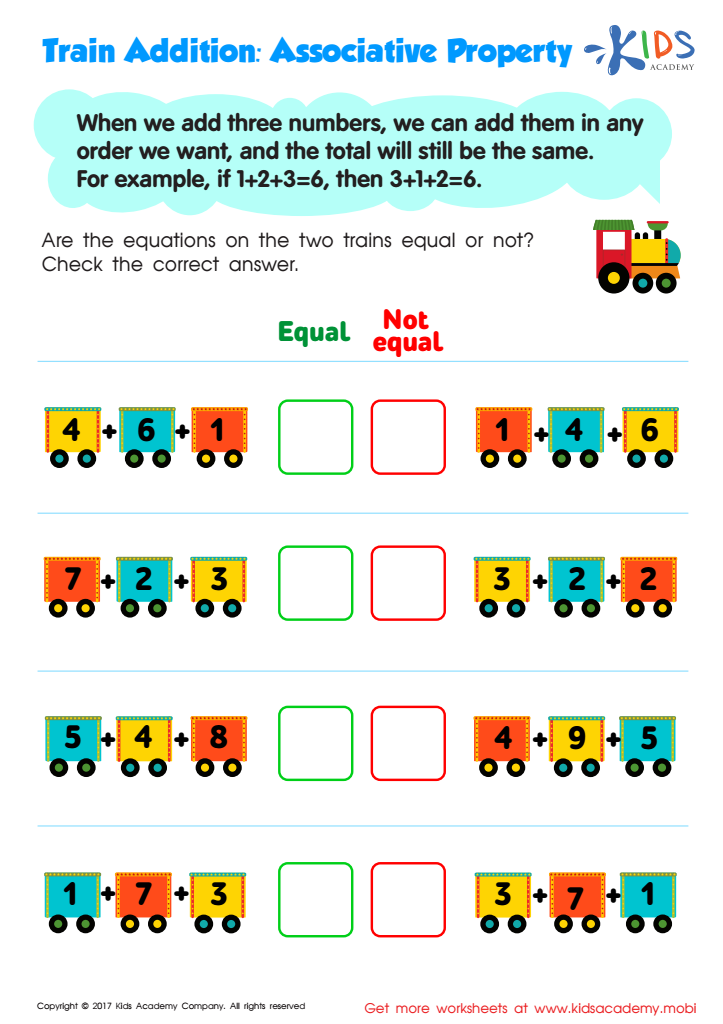

Train Addition: Associative Property Worksheet
Practicing addition for children aged 5-6 is crucial as it forms the foundation for their future mathematical understanding and problem-solving skills. At this young age, children are naturally curious and open to new learning experiences. Introducing addition early helps them develop number sense, understand the concept of quantity, and grasp the basic rules of arithmetic operations.
When children practice addition, they enhance their cognitive skills, such as memory, attention, and logical thinking. Activities like counting objects, using number lines, and simple word problems make learning interactive and engaging, providing a sense of accomplishment. Regular practice also helps to build their confidence and reduces math anxiety, a common issue faced in later years.
For parents and teachers, investing time and resources into teaching addition pays off in the long-term academic success of the child. Proficiency in simple math operations reduces the learning curve for more complex mathematical concepts, ensuring a smoother transition as children progress through their education.
Moreover, early math skills are predictors of academic achievement, not just in math but across other subjects, since math promotes critical thinking and analytical skills. Therefore, focusing on addition practice for young learners is pivotal for building a solid educational foundation, encouraging lifelong learning, and ensuring overall cognitive development.
 Assign to My Students
Assign to My Students



